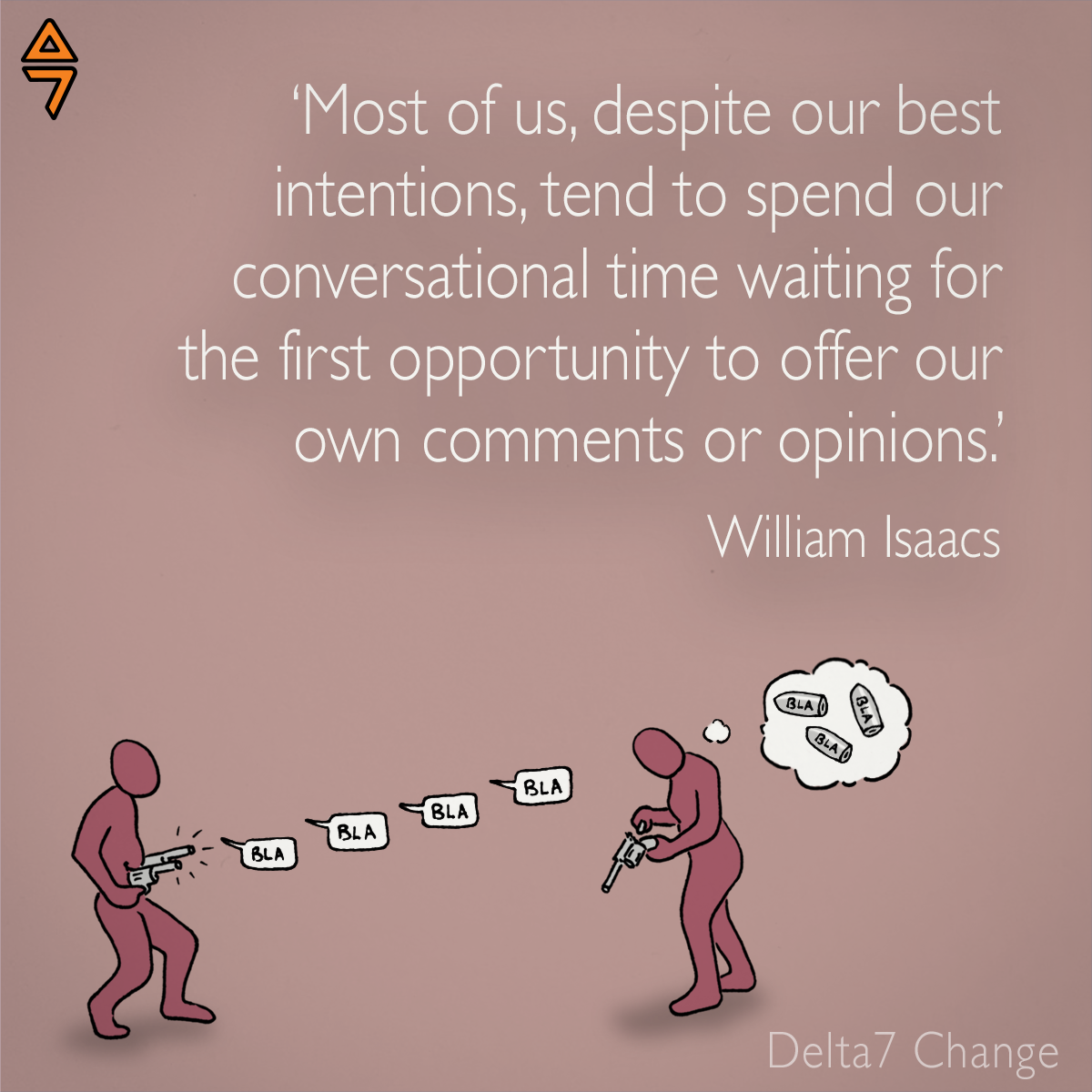I’ve recently been thinking about how important self-disclosure is in building relationships, and how I can learn to make it more of a part of my personal development. What started me thinking about this was a recent inspiring story about how England’s football squad learnt self-disclosure to build the trust and cohesion in the team we saw this summer in Russia.
In a recent Guardian article about the England football team’s sports psychologist, Pippa Grange, has been credited with their relative success in the 2018 World Cup by, amongst other things, encouraging self-disclosure amongst team members. As part of their training before the tournament, they regularly sat together and shared some of their intimate experiences and feelings, particularly around their fears about failure. The point, Southgate has said, is to build trust, “making them closer, with a better understanding of each other”.
Yet it can often be confronting to take of the armour off and share feelings and experiences at work. A lack of trust can mean that it’s not safe enough to reveal personal truths such as fear of failure. When you create a safe space to share its possible to learn about each other’s experiences, and in the process change our stories about ourselves and each other. As with the England team’s example, self-disclosure fosters stronger bonds between team members, uniting them around a common task or purpose and so improving performance.
In our experience we find that the most meaningful and motivating narratives are co-created through sharing stories. When people have opportunities to share how they feel, what they value and what motivates them, the shared narrative that emerges builds a stronger sense of belonging and common purpose. It’s common in organisations these days for leaders to want to create a new strategic narrative. Developing a shared narrative helps groups make sense of change, linking personal experience and identity to the organisation purpose and its wider context.
In the 2014 World Cup, it was reported that some of the England players were actually questioning whether they wanted to play or not, such was their fear of failure. Compare that to 2018. When Fabian Delph’s wife was about to give birth, his team paid for a chartered jet to allow him to be there for it and get back in time to play Belgium.
This is a wonderful story about Pippa Grange’s vision and commitment for creating a new team narrative of belonging and cohesion, nurtured through taking risks and encouraging the self-disclosure that led to a more effective team that we can all be proud of.













